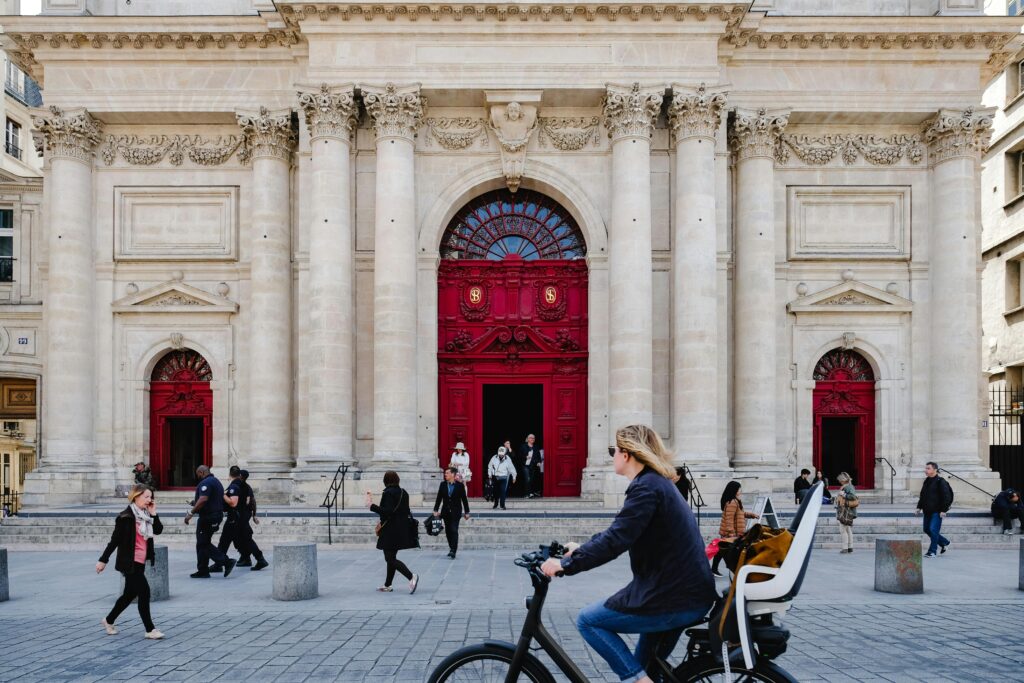As Europe’s tourism-rebound gathers pace, a coalition of grassroots activists is planning continent-wide disruptions on June 15, 2025, to demand limits on mass tourism. From Barcelona to Venice, the wave of “tourists go home” actions reflects growing frustration over rising rents, environmental strain, and the erosion of local life. Here’s what travelers and industry stakeholders need to know.

The Roots of Discontent
Overtourism has pushed several iconic destinations to a breaking point:
- Housing Crunch: In hotspots like Barcelona and the Balearics, short-term rentals siphon housing stock, sending rents skyward and forcing locals out of city centers.
- Environmental Stress: Mediterranean beaches and Alpine villages grapple with waste, water shortages, and degradation of natural habitats under the weight of peak-season crowds.
- Cultural Erosion: Historic neighborhoods transform into tourist labyrinths, hollowing out authentic shops and services in favor of souvenir stalls and chain cafés.
Last year’s water-pistol skirmishes in Barcelona and hunger strikes in the Canary Islands foreshadowed this summer’s more coordinated campaign.
What’s Planned for June 15?
On June 15, at least 16 cities across Spain, Portugal, Italy, France, and beyond will host synchronized actions organized by networks including the SET European Network and the Assembly of Neighbourhoods for the Decrease in Tourism. Key elements include:
- Major Cities on Alert: Barcelona, Mallorca, Ibiza, Madrid, Lisbon, Venice, Florence, Rome, Malaga, Palma, Tenerife, Amsterdam, Athens, Dubrovnik, Nice, and Granada.
- Militant Tactics: Demonstrators will block tour buses and cruise-ship shuttle paths, stage “silent zones” in historic squares, graffitize “Tourists Go Home” slogans, and hand out leaflets urging sustainable alternatives. Some groups hint at flash-mob water-pistol ambushes of tourist crowds.
- Airport and Port Protests: Watch for pickets at key transit hubs—Barcelona El Prat, Venice Marco Polo, and Palma’s ferry terminal—where activists may disrupt boarding or demand special tourist taxes at customs lanes.
Demands and Dialogue
Protesters are pushing for concrete policy changes:
- Cap Short-Term Rentals: Freeze or reduce Airbnb and vacation-let licenses to preserve local housing.
- Cruise-Ship Limits: Restrict the number and size of ships allowed in sensitive ports.
- Tourist Taxes and Revenues: Introduce or hike per-night levies, with proceeds earmarked for affordable housing, infrastructure upkeep, and environmental restoration.
- Carrying-Capacity Studies: Mandate scientific assessments of visitor numbers at heritage sites and natural parks, with enforceable caps during peak periods.
- Community-Led Tourism: Support local cooperatives, eco-lodges, and off-season events to spread economic benefits.
Local governments have already adopted measures—Barcelona plans to phase out 10,000 tourist licenses by 2028, and Venice caps visitor entries on high-traffic days—but activists say change is too slow.
Impact on Travelers and Industry
- Possible Delays and Reroutes: Tour-bus itineraries may be forced off coach-only streets; shuttle services between docks and city centers could face temporary halts.
- Event Cancellations: Some museums and guided-tour operators have preemptively canceled or rescheduled June 15 bookings to avoid clashes.
- Communication Is Key: Travelers should monitor local news and operator alerts, especially in the week leading up to June 15, and consider flexible tickets and alternative sightseeing plans.
Hoteliers and tour operators are advising visitors to confirm arrival-and-departure details—airport transfers and pier pick-ups—shortly before travel.

Beyond the Protests: Toward Sustainable Tourism
The June 15 disruptions may be the headline, but they underscore a larger imperative: designing tourism that sustains, rather than strains, local communities. Emerging best practices include:
- Dynamic Pricing and Quotas: Using real-time data to modulate ticket prices and visitor numbers for popular sites.
- Off-Peak Season Marketing: Incentivizing travel in shoulder months to smooth demand.
- Local-First Hiring: Ensuring tourism revenues uplift residents through job guarantees and home-stay programs.
- Green Certification: Recognizing eco-friendly businesses with zero-waste or low-carbon badges that guide responsible travelers.
Frequently Asked Questions
Q: Will protests shut down entire cities?
A: No—actions are targeted at high-traffic tourist arteries and may cause localized disruptions, but city centers and major attractions will remain accessible.
Q: Are protests legal?
A: Organizers have obtained permits for street demonstrations, though unplanned flash-mob tactics carry the risk of police intervention.
Q: How can I support local communities as a tourist?
A: Stay in locally owned accommodations, dine at family-run restaurants, shop at artisan markets, and respect neighborhood quiet hours.
Q: Should I cancel or postpone my trip?
A: Not necessarily. Adjust your itinerary to avoid peak-activity zones on June 15 and stay informed via official tourism-board channels.
Q: Do other countries face similar issues?
A: Yes—cities from Dubrovnik to Amsterdam to Kyoto are wrestling with overtourism, each exploring caps, taxes, and tech-driven management.
Q: Who’s organizing these protests?
A: Grassroots coalitions like SET European Network and local residents’ assemblies coordinate actions via social media and community forums.
Q: Will there be further protests after June 15?
A: Activists hint at follow-on actions in late summer and autumn, particularly in beach destinations as the high season peaks.
Q: How are authorities responding?
A: Many municipalities are fast-tracking policy reforms, expanding public-transport capacity to reduce car traffic, and piloting sustainable-tourism grants.
Q: Can I join the protests?
A: Participation is open to anyone sympathetic to the cause, but non-violent and respectful engagement is strongly emphasized.
Q: Where can I find real-time updates?
A: Follow local tourism boards, city council advisories, and reputable travel-news outlets for the latest on June 15 disruptions.

Sources The New York Times


